While thinkers such as Socrates, Plato, and Aristotle often dominate conversations around eminent philosophers, there are numerous other individuals who have significantly shaped philosophical ideas throughout history. These profound contributors to philosophy often fly under the radar, not gaining the recognition they’re due. Despite the common notion associating the birthplace of philosophy with Ancient Greece, there have been many thinkers worldwide who have pushed philosophy into innovative realms. Notably, the ideas of some these lesser-known philosophers have even influenced the work of some of history’s most celebrated intellectuals. Therefore, it’s time to expand our philosophical vistas with the Greatest Philosophers You’ve Never Heard Of.
Xenophanes
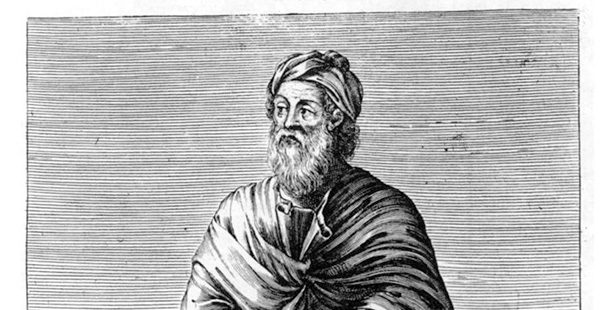 https://www.iep.utm.edu/xenoph/, https://en.wikipedia.org/wiki/Xenophanes
https://www.iep.utm.edu/xenoph/, https://en.wikipedia.org/wiki/Xenophanes Xenophanes of Colophon lived in Ancient Greece during the sixth century BCE, but traveled extensively as a poet and sage. His many writings touch on philosophical issues that were early for their time–namely harsh critiques of the traditional Greek religion and pantheon. Historians believe that Xenophanes might have been one of the first monotheist or pantheist in the Western world.
Much like his philosophical successor, Socrates, Xenophanes engaged in social commentary and criticism. He bemoaned the sad state of philosophers and the learned in comparison to the Greek athletes who gained notoriety for their physical accomplishments.
Ludwig Wittgenstein
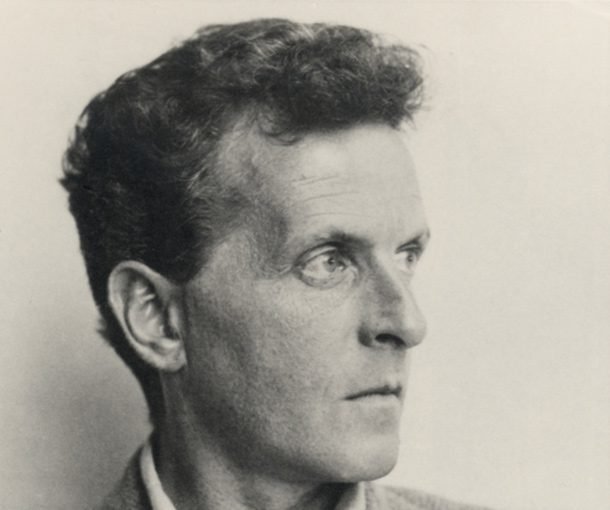 https://www.iep.utm.edu/wittgens/, https://www.youtube.com/watch?v=pQ33gAyhg2c
https://www.iep.utm.edu/wittgens/, https://www.youtube.com/watch?v=pQ33gAyhg2c Ludwig Wittgenstein is regarded in some philosophical circles as one of the greatest philosophers of the twentieth century. His seminal work, the Tractatus Logico-Philosophicus, presented a treatise on human communication. Wittgenstein posited that humans communicate language by triggering pictures in the mind through words. Ineffective communication occurs when a person’s words don’t trigger the correct picture in the mind of the listener. Thus, Wittgenstein’s philosophy focused on the significance of self-awareness through the use of proper language. The Austrian philosopher’s work has made a profound impact on the Oxford school of thought and the development of analytic philosophy.
Dōgen
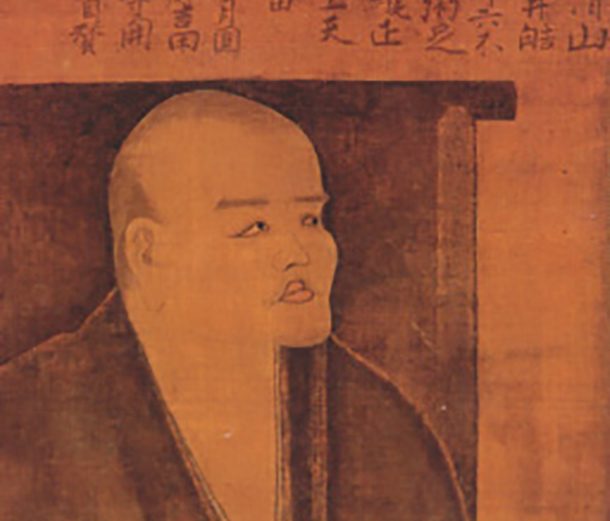 https://www.npr.org/sections/13.7/2016/05/31/480110889/the-greatest-philosopher-you-ve-never-heard-of, https://en.wikipedia.org/wiki/D%C5%8Dgen
https://www.npr.org/sections/13.7/2016/05/31/480110889/the-greatest-philosopher-you-ve-never-heard-of, https://en.wikipedia.org/wiki/D%C5%8Dgen A 13th century Japanese Zen teacher, Eihei Dōgen wrote much poetry and philosophical writings concerned with “zazen.” Zazen was a contemplative practice like meditation but more intensely focused on simply being and putting off thought. Unlike Wittgenstein, Dōgen saw communication as a flawed means for reporting one’s direct experiences in the real world. For this reason his writings focuses on the philosophy of being and the world as experience. Although his philosophical treatises are hard to comprehend, Dōgen influenced much of Japan’s Buddhist philosophy for centuries to come.
Mozi
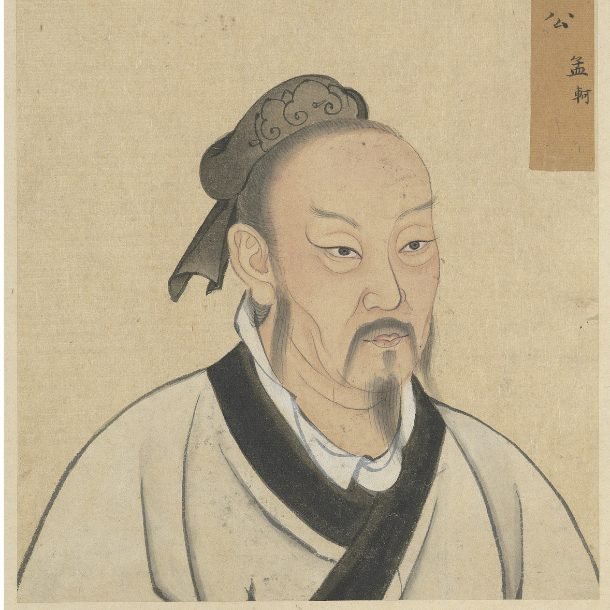 https://www.iep.utm.edu/mozi/
https://www.iep.utm.edu/mozi/ Mozi was a Chinese thinker of the 5th century BCE and an intellectual rival to the well-known Confucius. In an age of constant warring in China, Mozi advocated for a higher morality sometimes called “universal love.” The tenets of this philosophy focused on the partiality of people and how this creates violence and war toward each other. An individual is far more concerned with his own welfare and that of his tribe than the good of strangers. Embracing an impartial concern for all would benefit the world by creating peaceful relations among groups.
Mozi and his followers, the Mohists, also implicitly denied that human nature was incapable of impartiality. Given the right incentives and leadership, people are capable of showing universal love to one another.
Michel de Montaigne
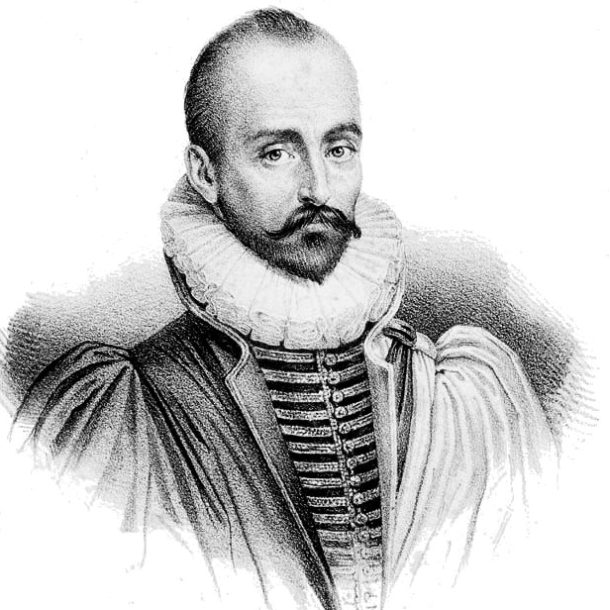 https://www.iep.utm.edu/montaign/
https://www.iep.utm.edu/montaign/ An important philosopher of the French Renaissance, Michel de Montaigne followed in the skeptical tradition of the ancient philosophers. He contributed greatly to literary expression by creating the essay as a writing style. His philosophy on psychology and children’s education revolutionized how European schools taught younger students. Montaigne did not agree with education that strictly relied on books and the repetition of facts. He advocated for educators to tailor their methods to the individual and to allow for healthy debate in the classroom rather than rote lecturing. His philosophical views still influence modern learning today.
Albertus Magnus
 https://www.britannica.com/biography/Saint-Albertus-Magnus
https://www.britannica.com/biography/Saint-Albertus-Magnus Albertus Magnus is credited with tutoring one of medieval Europe’s most influential theologians and philosophers, Thomas Aquinas. Though Aquinas gets far more recognition in the historical record, his teacher was adept in many fields of study and even gained the nickname “Doctor Universalis” for his many contributions to philosophy, science, theology, and law. An expert on Aristotelian philosophy, Magnus added to the empirical observations of the Greek philosopher through his own systematic research in the natural sciences. His approach would be deemed quite modern for his time since he claimed that it was not the task of science to “accept what we are told but to inquire into the causes of natural things.”
Diogenes of Sinope
 https://medium.com/@mustaphahitani/diogenes-of-sinope-the-philosopher-troll-a01e1fc4eb08
https://medium.com/@mustaphahitani/diogenes-of-sinope-the-philosopher-troll-a01e1fc4eb08 Diogenes of Synope is one of the most eccentric and influential philosophers of the ancient world. He helped found a school of Greek philosophy known as Cynicism. Rejecting everything in life excepting what was necessary, Diogenes gave away all of his possessions and relegated himself to living in a large wine barrel. He rudely challenged the niceties of Athenian social custom because they masked the true nature of a person.
A contemporary of Plato, Diogenes famously challenged the esteemed philosopher’s definition of man as nothing more than a “featherless biped” by bringing a plucked chicken to Plato’s Academy. His peculiar manner caught the attention of another famous figure, Alexander the Great, who visited him and praised his wisdom. Alexander asked if Diogenes wanted anything from him and the Cynic asked if he could stand away from his sunlight.
Hans Jonas
 https://en.wikipedia.org/wiki/Hans_Jonas
https://en.wikipedia.org/wiki/Hans_Jonas German-born American Jewish philosopher, Hans Jonas, was a pioneer of bioethics and environmental philosophy. His book, “The Imperative of Responsibility,” outlines the social and ethical problems posed by modern technology. Jonas taught that the necessity of human survival depended upon caring for the planet and its future. In the 1960s, he made significant contributions to medical ethics by addressing moral problems with using human beings for scientific research. Much of the standards of ethics in modern medicine and biological research have ties to Jonas’ influential contributions to the field.
Anaximander
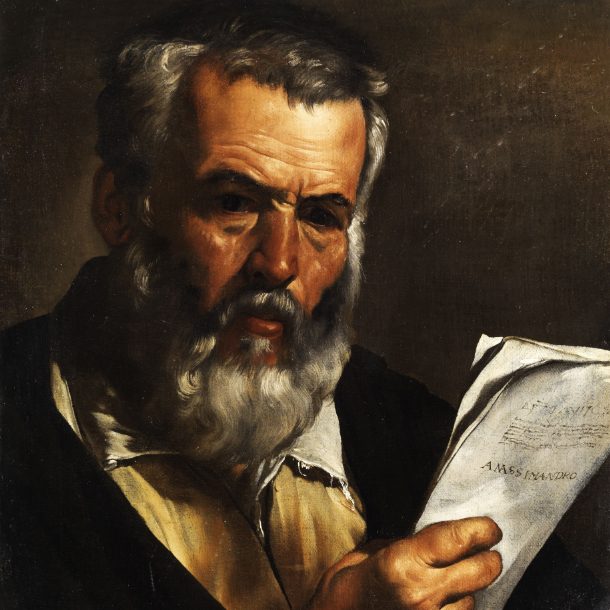 https://www.iep.utm.edu/anaximan/
https://www.iep.utm.edu/anaximan/ Anaximander was a pre-Socratic philosopher from Miletus and an early proponent of science. The first of the ancient philosophers to write down his studies, Anaximander speculated about the “Boundless” as the origin of all existence. He defined the Boundless as the eternal principle of all things and to which all things return to when they die. In addition to his contributions to early philosophy he created the first map of the world and argued that celestial bodies have an elliptical orbit.
Thales
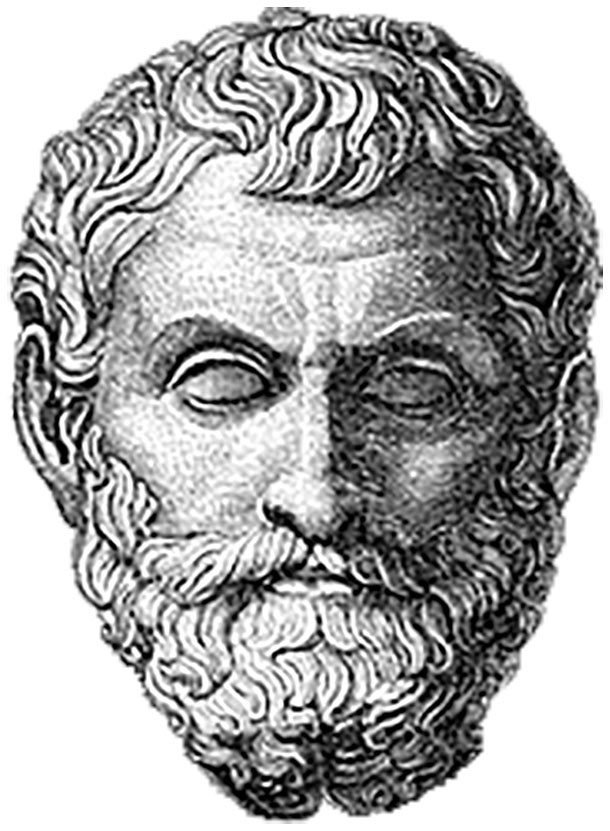 https://www.iep.utm.edu/thales/
https://www.iep.utm.edu/thales/ Aristotle credited Thales as the first person to investigate the basic principles and question the origins of matter. Thus, the Miletian has the renowned distinction of being the founder of Western philosophy. His scientific hypotheses were considered bold and radical in the 7th century BCE when most Greeks believed the gods intervened in every aspect of life. Like his student, Anaximander, Thales believed in an originating principle though he defined it as the material element of water. To add further to his accomplishments as a philosopher, he’s also believed to be the first mathematician in the Greek tradition.
Hey there, history buff, I have a feeling you need more history facts. Time to read up on the Bizarre Facts to Put History into Perspective!



























